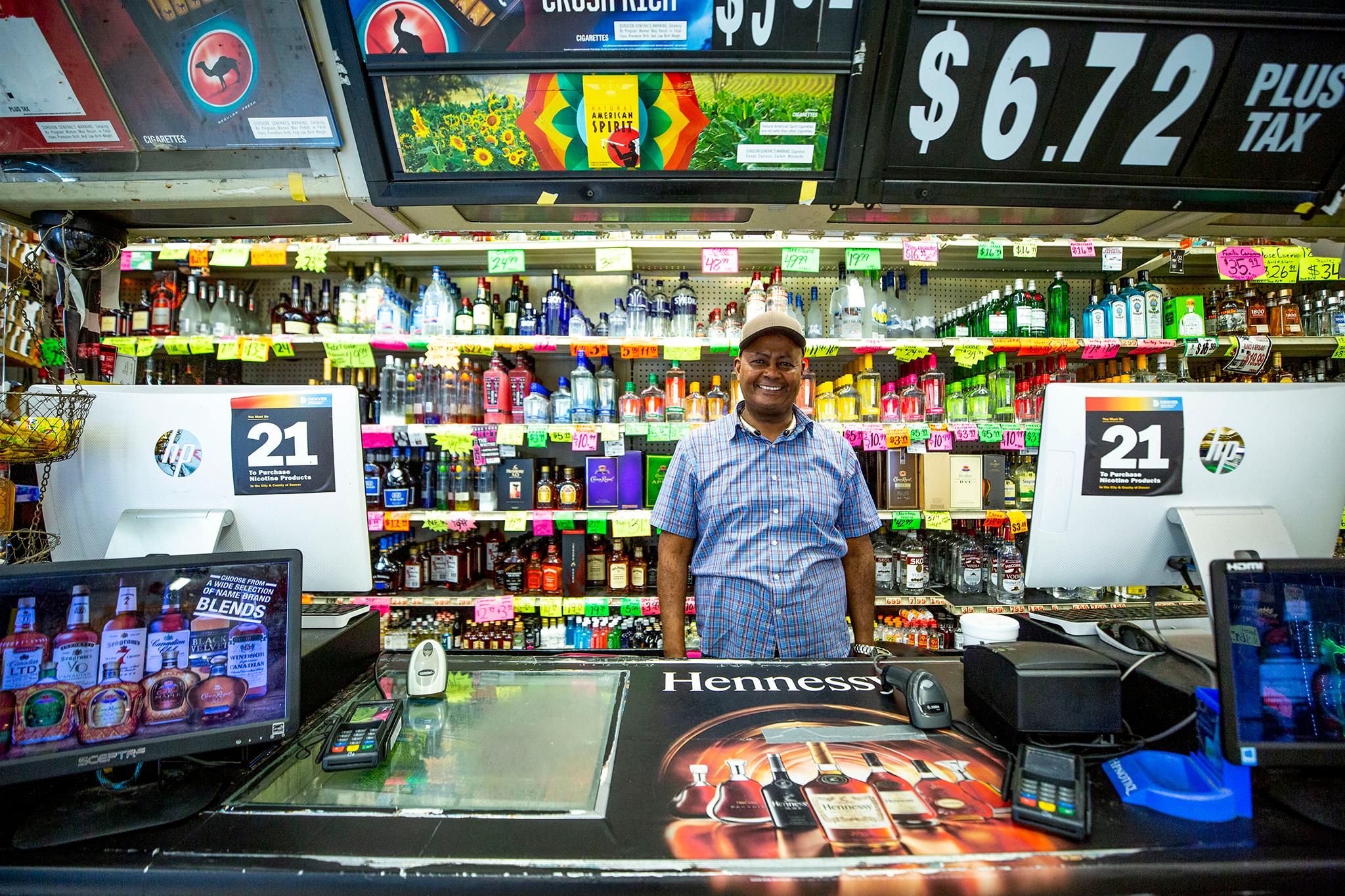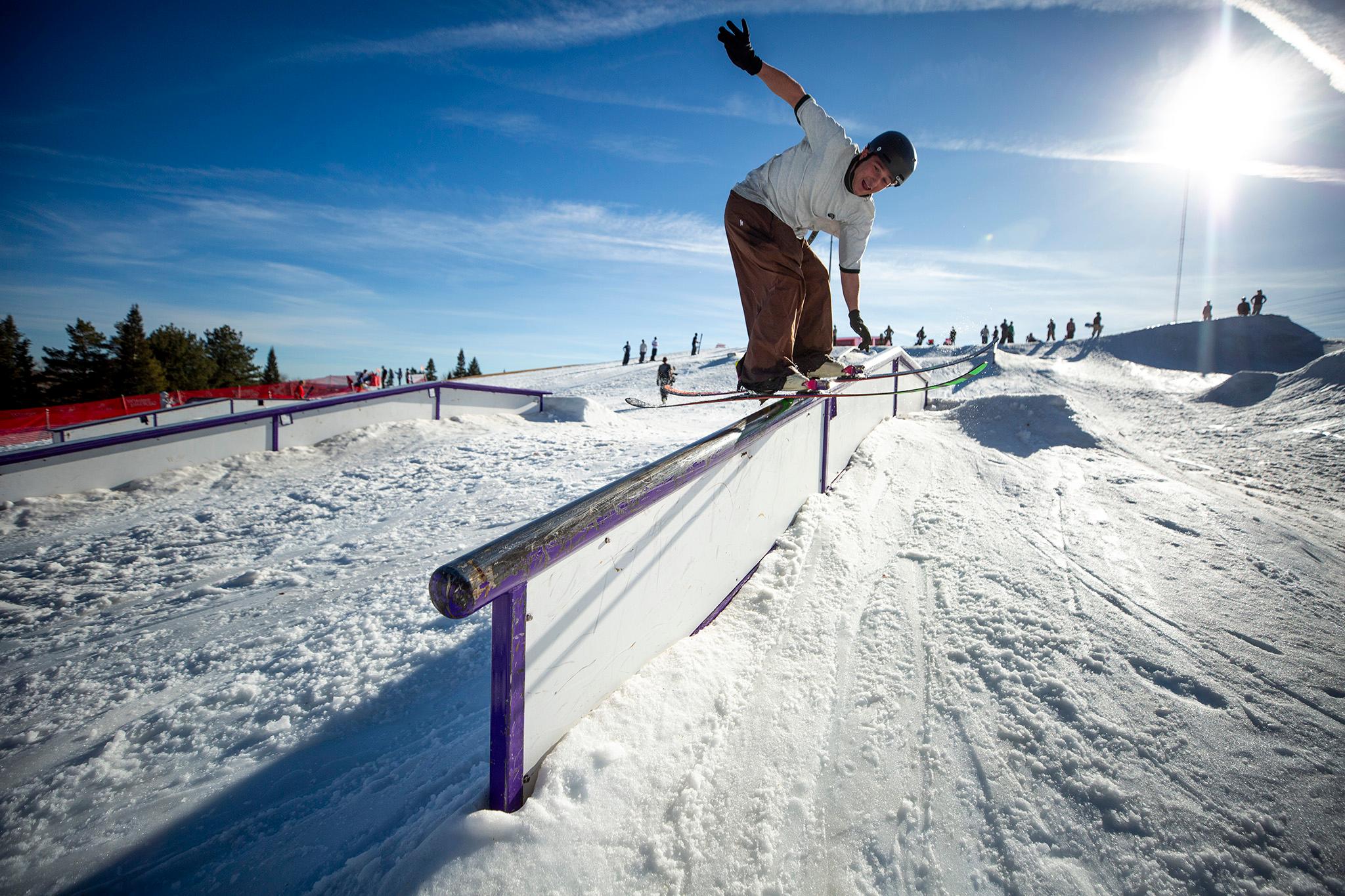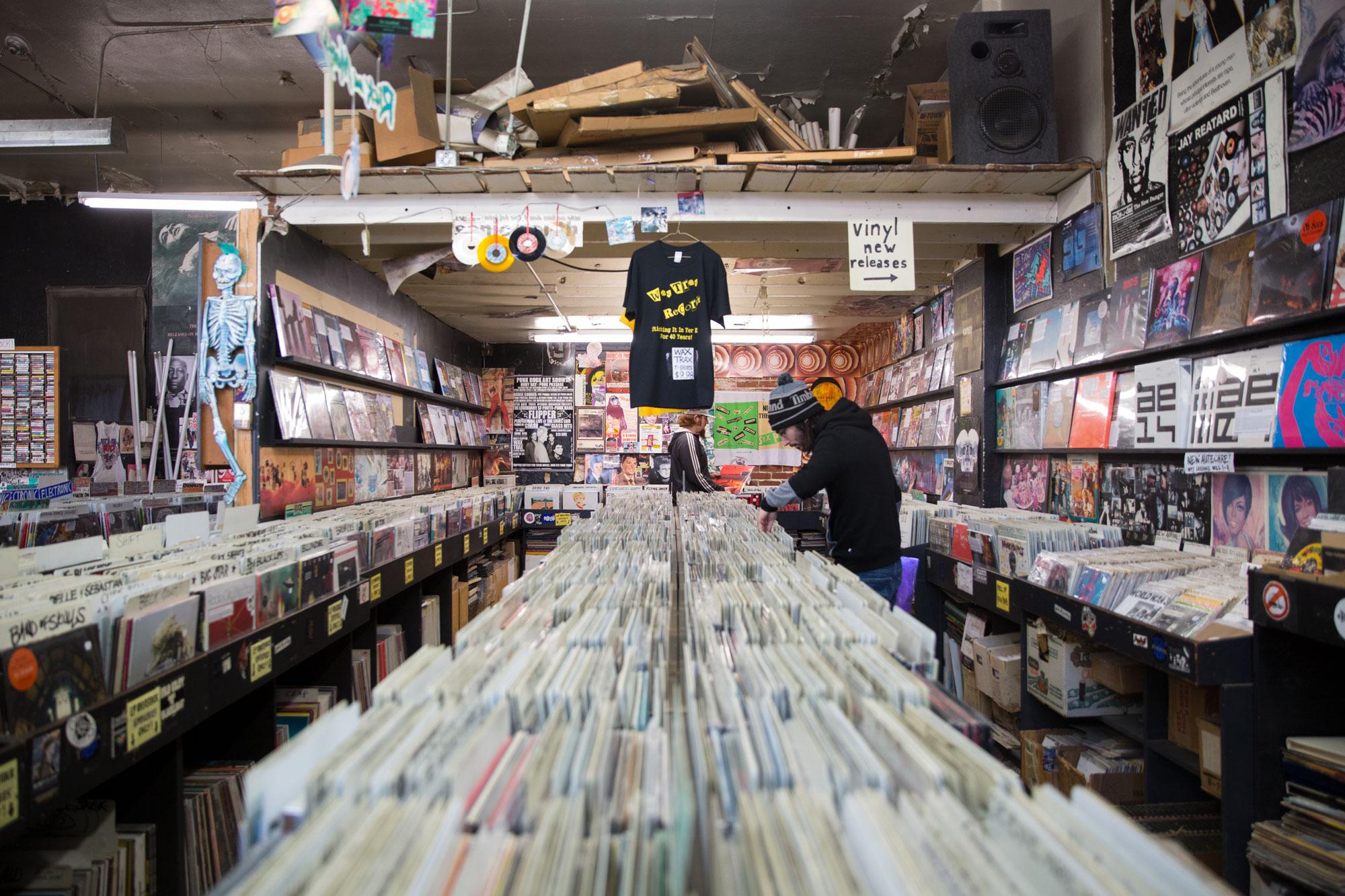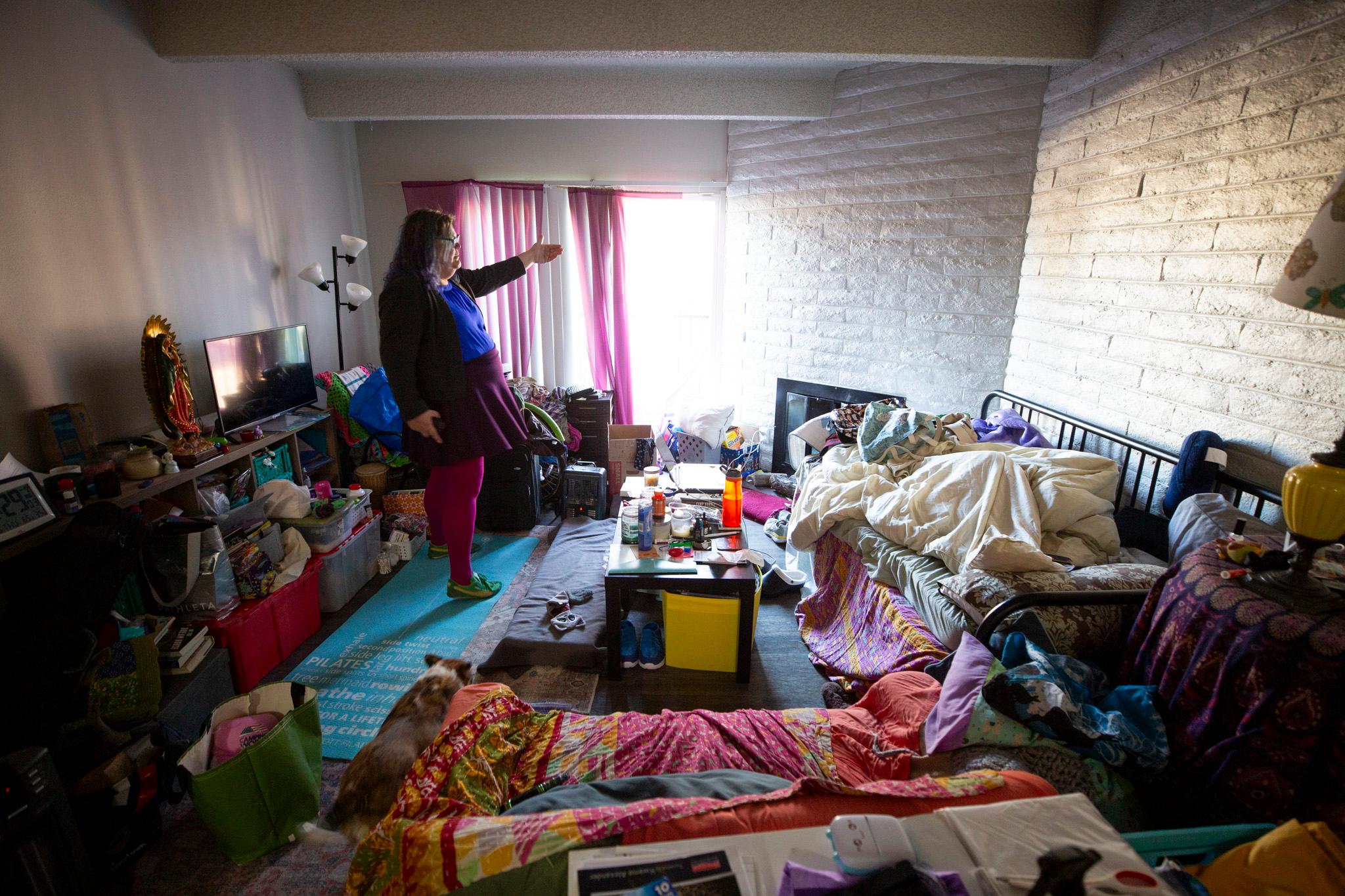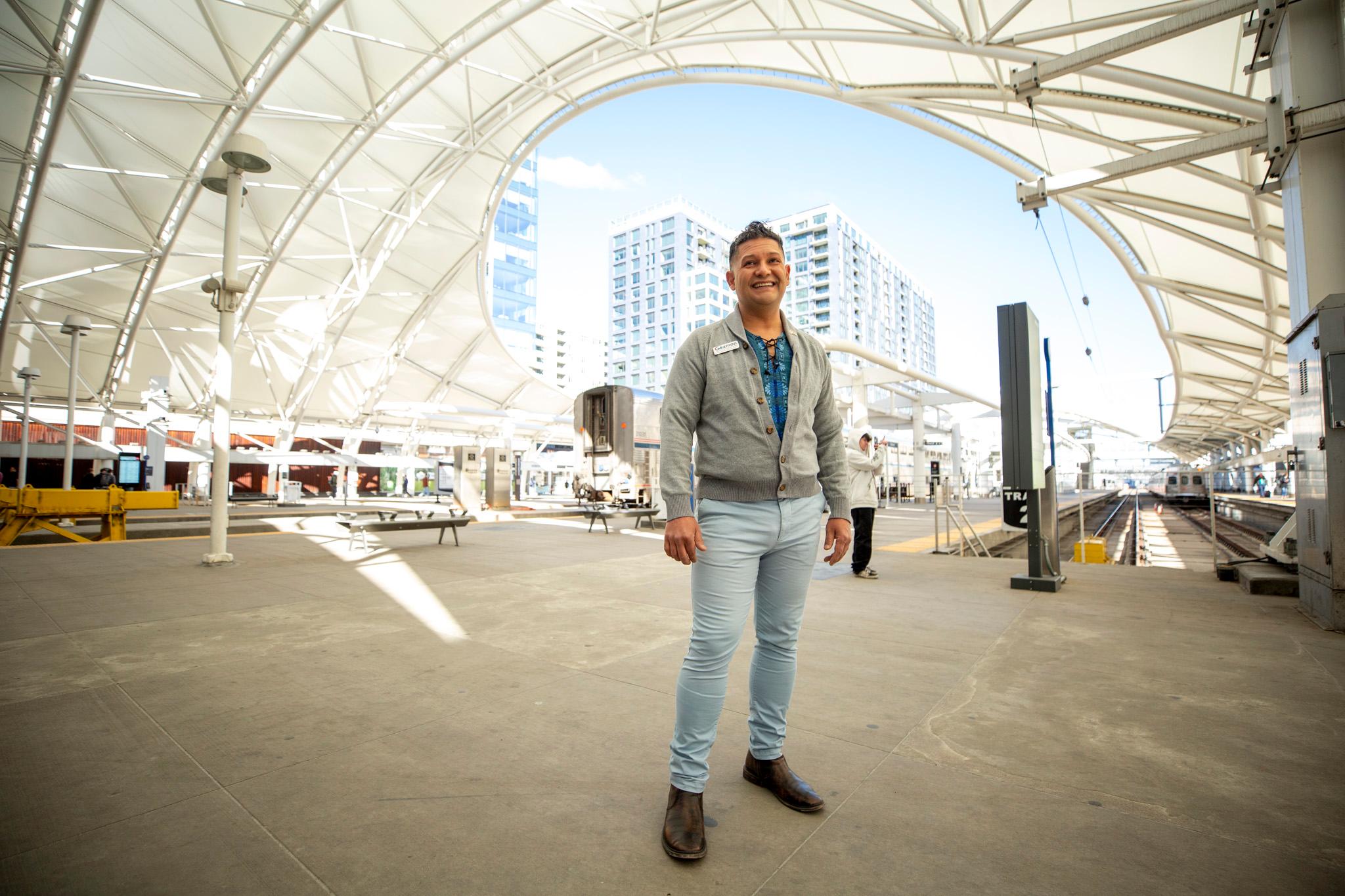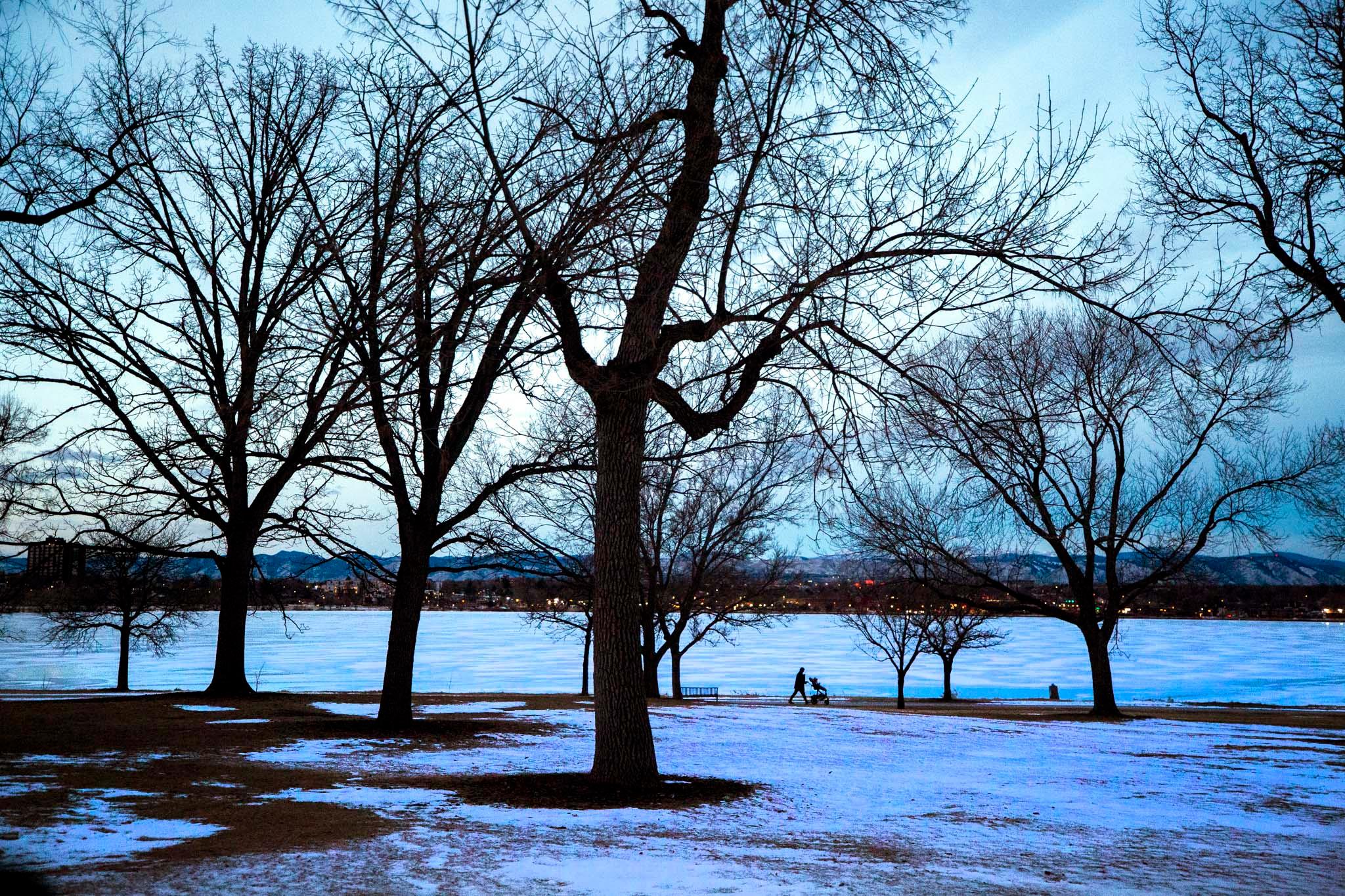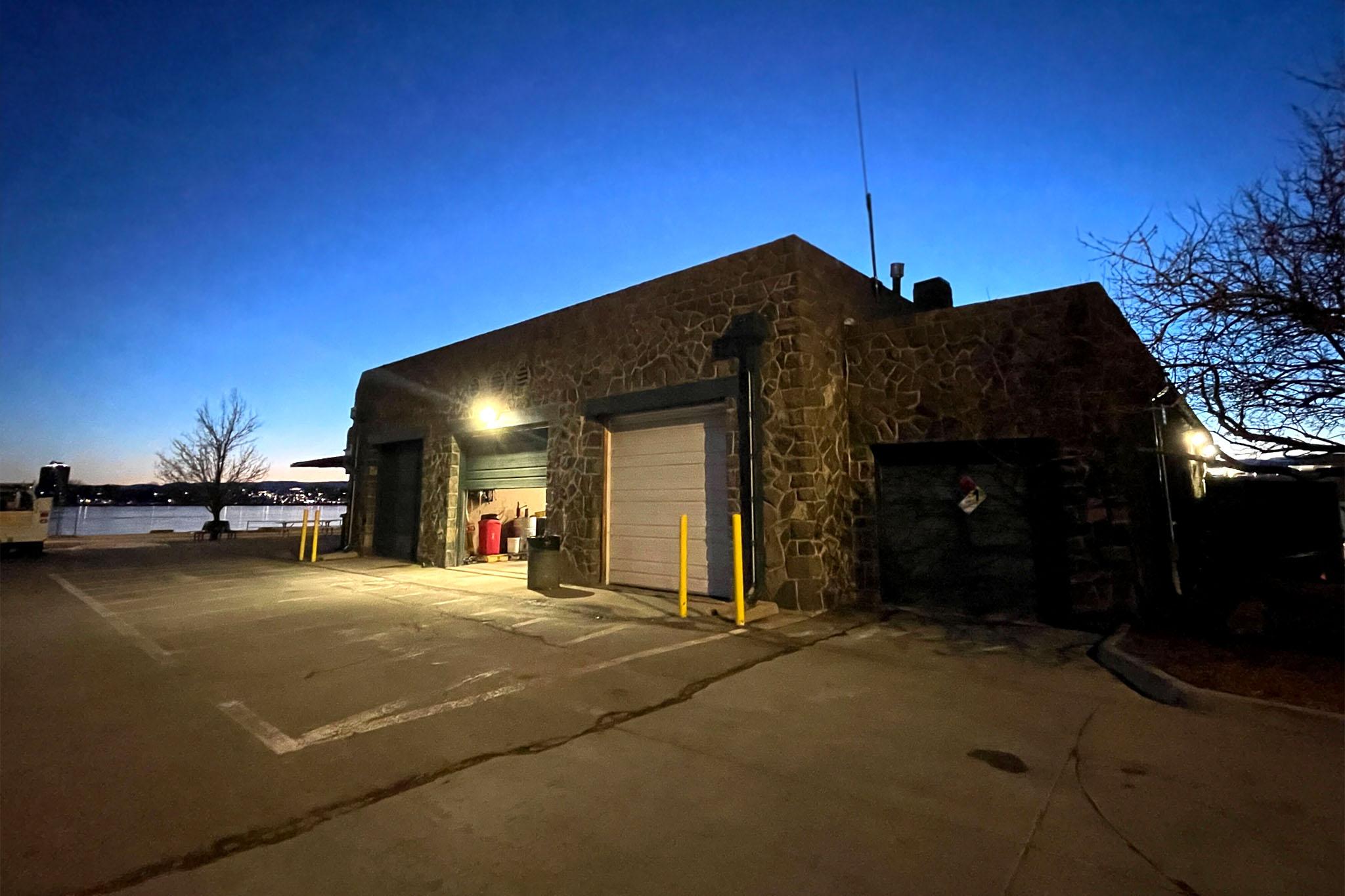Editor's note: We roamed Bruce Randolph Avenue and talked to most everyone we saw. Every day during Street Week, we're rolling out mini profiles of the everyday heroes they found. Find more here.
Haile Degena taught math and English to refugees when he lived in Sudan. Originally from an area that's now called Eritrea, he didn't really consider teaching when he moved to the United States in 1986.
He did find plenty of jobs. After immigrating from east Africa to Washington, D.C., to attend college, he sold hot dogs as a street vendor and worked in restaurants as a bus boy and dishwasher. He wasn't just paying for the degree he didn't end up completing. He was also sending money to his parents and two siblings in east Africa, while supporting his own growing family in D.C.
"I never had time, even to spend more money," Degena said, chuckling.
Degena landed in Denver in 1995. That year, he bought the building where he opened his liquor store, Royal Drug, located on the northwest corner of Bruce Randolph Avenue and York Street. He has since bought a few nearby properties in addition to the liquor store, which he expanded about 13 years ago.
He hopes to pass the store down to his three children so they don't have to start "from zero" the way he feels he did when he first arrived in the United States. But he doesn't want to retire anytime soon, noting he's "too young" for that.
"The main thing is, when you have kids, you don't work for yourself," Degena said. "You have to leave them something."
His kids are busy taking advantage of the opportunities he sought for them when he came to the United States. He has a daughter who attended CU Denver, another who attended Metropolitan State University of Denver, and a son currently attending CU Boulder.
From his check-out counter, Degena has seen all the changes that have actually gone down in the area in the 25 years he's owned the shop. He said Denver feels "crowded" these days. His kids grew up near Leetsdale Drive and Quebec Street, before he moved them to a home in Lowry.
"It's good to raise your kids in a small town," Degena said. "It used to be like a small town, Denver. Now it's big."
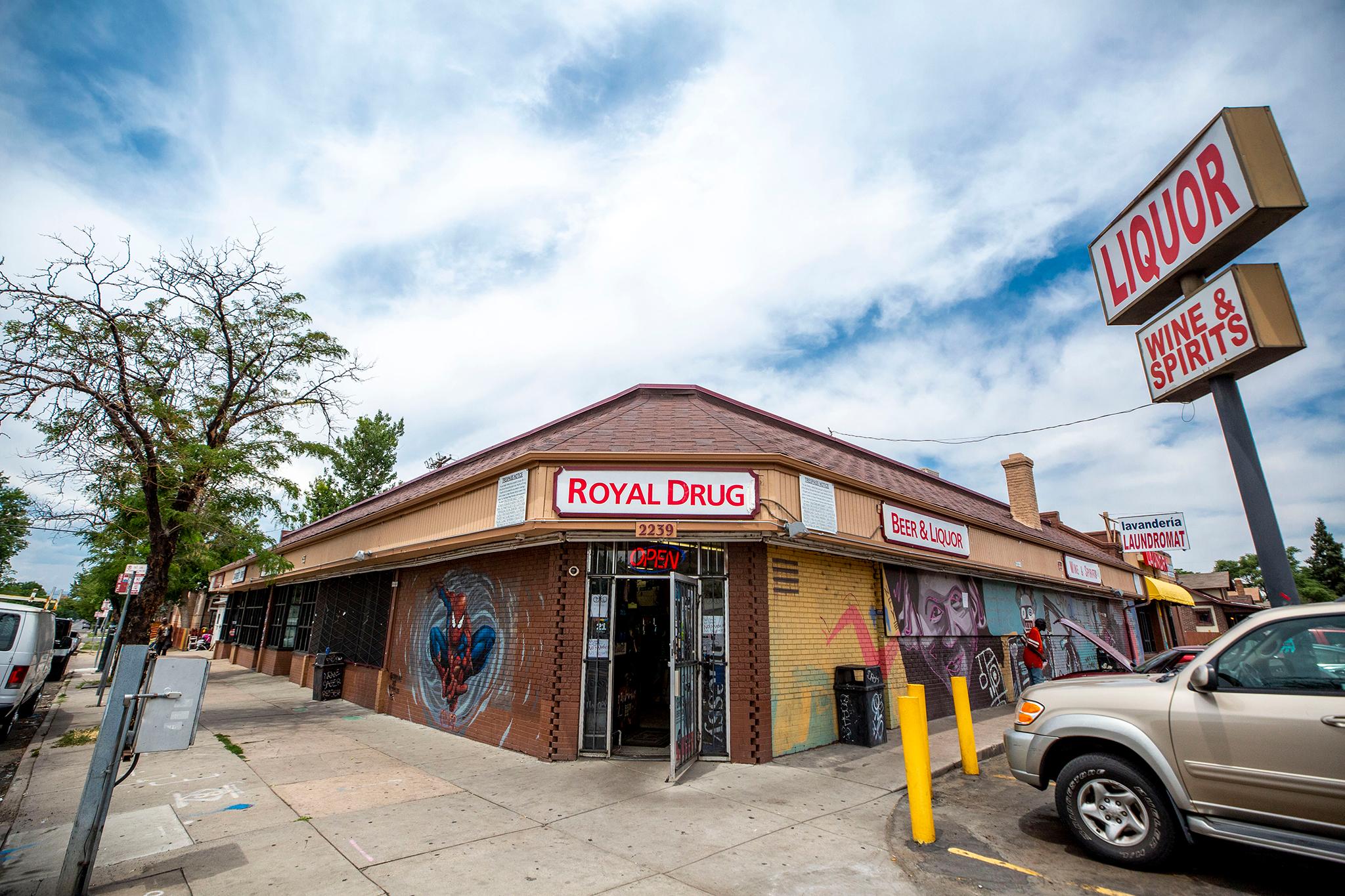
His friends initially discouraged him from opening Royal Drug.
"It used to be very violent," Degena said. "They told me...'It's going to be hard for you, this is (a violent) place. And I told them, my answer was, I came from D.C. D.C. is rough, rough at the time."
People used to be afraid to walk in the area at night. These days, Degena said, you can spot people walking their dogs along the street. Safety is no longer as big of a concern for him and others.
Anthony Randon, who sometimes helps out Degena around his shop, grew up nearby, around 36th Avenue and Elizabeth Street.
Randon's parents were both from Texas, but they met in Denver and had him here. Randon graduated from John F. Kennedy High School; he was among the students who was bused to south Denver.
During that era, the area was home to gang activity, but he never had many problems. Family kept him here.
"We still have that house," Randon said about his childhood home.
Degena has noticed another shift. After he expanded his space, he added coolers and more space for wine. Expanding his wine selection seem to be drawing more white customers. The area has been historically home to African Americans and Latinos.
Data shows how much things have changed. Cole, the neighborhood where Royal Drug is located, still has a large percentage of Latino resident, but its share of Black residents has declined. In 2000, Census data showed Black residents made up 21.3 percent of all residents. More recent data shows they now make up 14 percent of residents
By contrast, data from the U.S. Census in 2000 showed the neighborhood had 6 percent non-Hispanic white residents. More recent data shows they now represent 32 percent of residents.
"I sell a lot of wine," Degena said. "It wasn't like this before. When my customers change, I put a lot of wines (out). Before, it wasn't that much."

